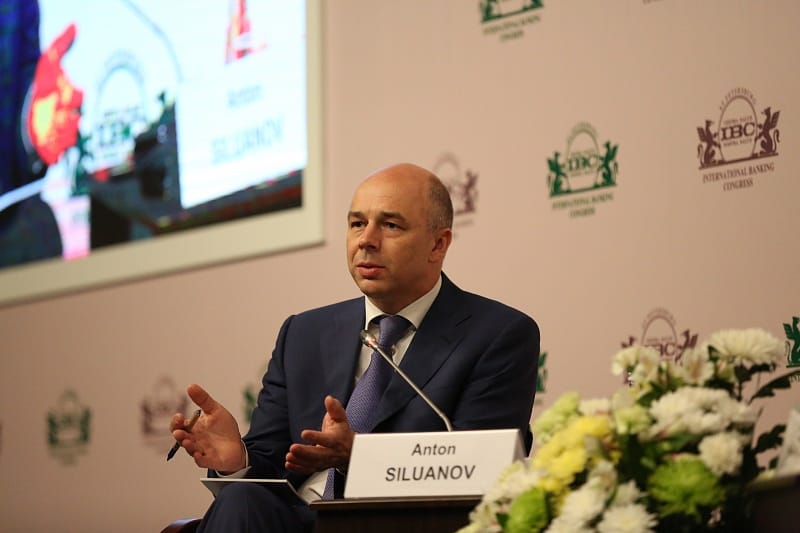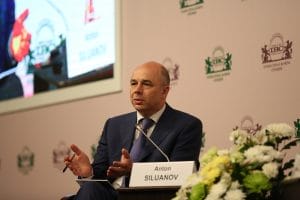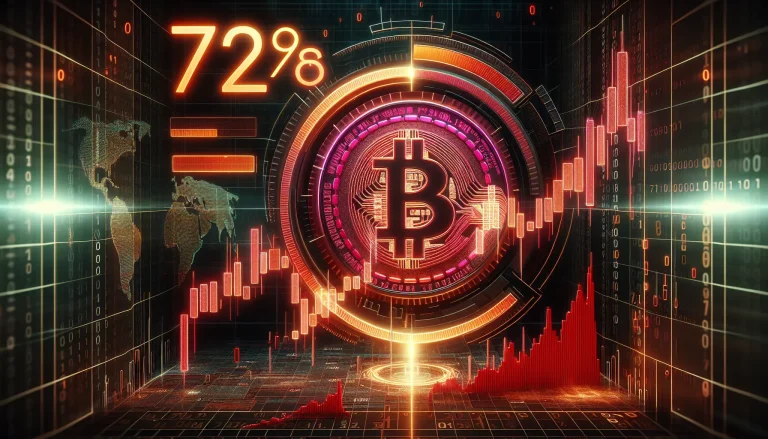Last updated:
 Why Trust Cryptonews
Why Trust Cryptonews

Moscow ministers and the nation’s Central Bank are discussing a plan to “create” Russian crypto exchanges, as the country continues to pivot to cryptoassets.
Per the state-run news agency TASS, Anton Siluanov, the Minister of Finance has held talks with the bank about the proposed “creation of legal crypto exchanges in Russia.”
Russian Crypto Exchanges: Moscow in New Crypto Pivot?
Siluanov said that the parties had not yet settled on a mutually agreeable “solution.”
But he claimed that a breakthrough may be close, and that the relevant legislation “may be ready for the fall session” of the State Duma.
“We have legalized our own mining industry and the possibility of paying for foreign [goods and services] with the Bitcoin we mine. Now a question of additional regulation remains – namely, the creation of our own legal crypto exchanges.”
Anton Siluanov
The minister noted that existing Russian crypto exchanges still operate in a regulatory “grey zone.”

Under Russian law, crypto exchanges have no legal status and are not regulated by any Russian governmental body.
Siluanov called recent legislative efforts to police crypto in Russia “significant progress.”
The long-serving Siluanov and the equally long-serving Central Bank Governor Elvira Nabiullina are two of President Vladimir Putin’s closest allies.
However, the duo has been at loggerheads over the issue of crypto regulation. While Nabiullina is a staunch crypto-skeptic, Siluanov prefers a more progressive approach.
This has led to a long impasse over crypto policy that only ended recently when Putin ordered them to speed up regulation efforts.
The order has resulted in the fast-tracking of laws governing crypto mining in Russia and the use of crypto in cross-border trade.
Putin this month signed off on both laws. They are currently slated to come into force on September 1.
But with the bank opposed to allowing miners and trade firms to pump crypto into the Russian economy, a pressing question remains: What will happen to the coins miners and traders generate?
Will Russian Miners Sell Crypto Overseas, or on the Domestic Market?
The bank has previously said it wants Russian firms to sell their coins on overseas platforms.
However, critics say this will lead to money laundering and could result in Western governments sanctioning exchanges that deal with Russian mining pools.
Several politicians have instead suggested creating Russian government-backed crypto exchanges.
Both the Moscow and the St. Petersburg exchanges have expressed an interest in trading crypto.
Russian Miners Focus on Bitcoin
Lawmakers have also suggested allowing qualified investors access to state-run crypto exchanges.
While the Central Bank has previously dismissed such plans, the ministry may now be trying to revisit them.
Some suggest they could be a workaround that could allow some Russian firms to deal with overseas banks.
In recent days, Russian media outlets have reported that several regional banks have stopped doing business with Moscow over fears of secondary Western sanctions.
The vast majority (over 90%) of Russian industrial miners focus their efforts on Bitcoin, industry chiefs have claimed.
However, smaller groups of miners say they prefer to mine tokens such as Litecoin (LTC) and other high-cap altcoins.

















